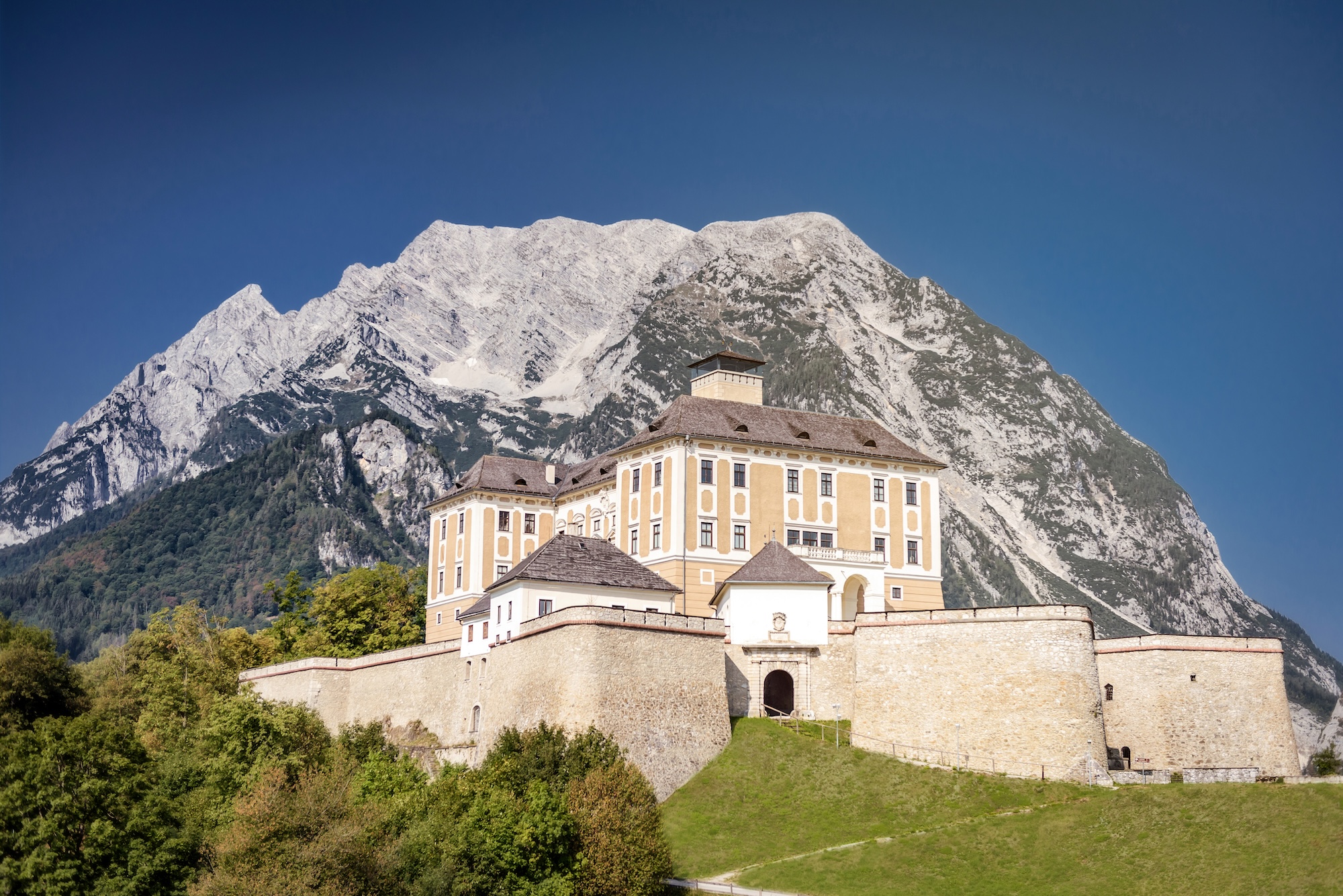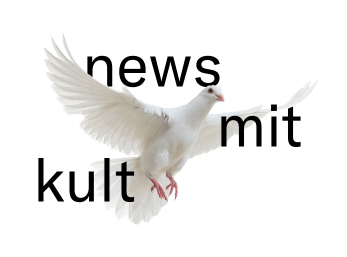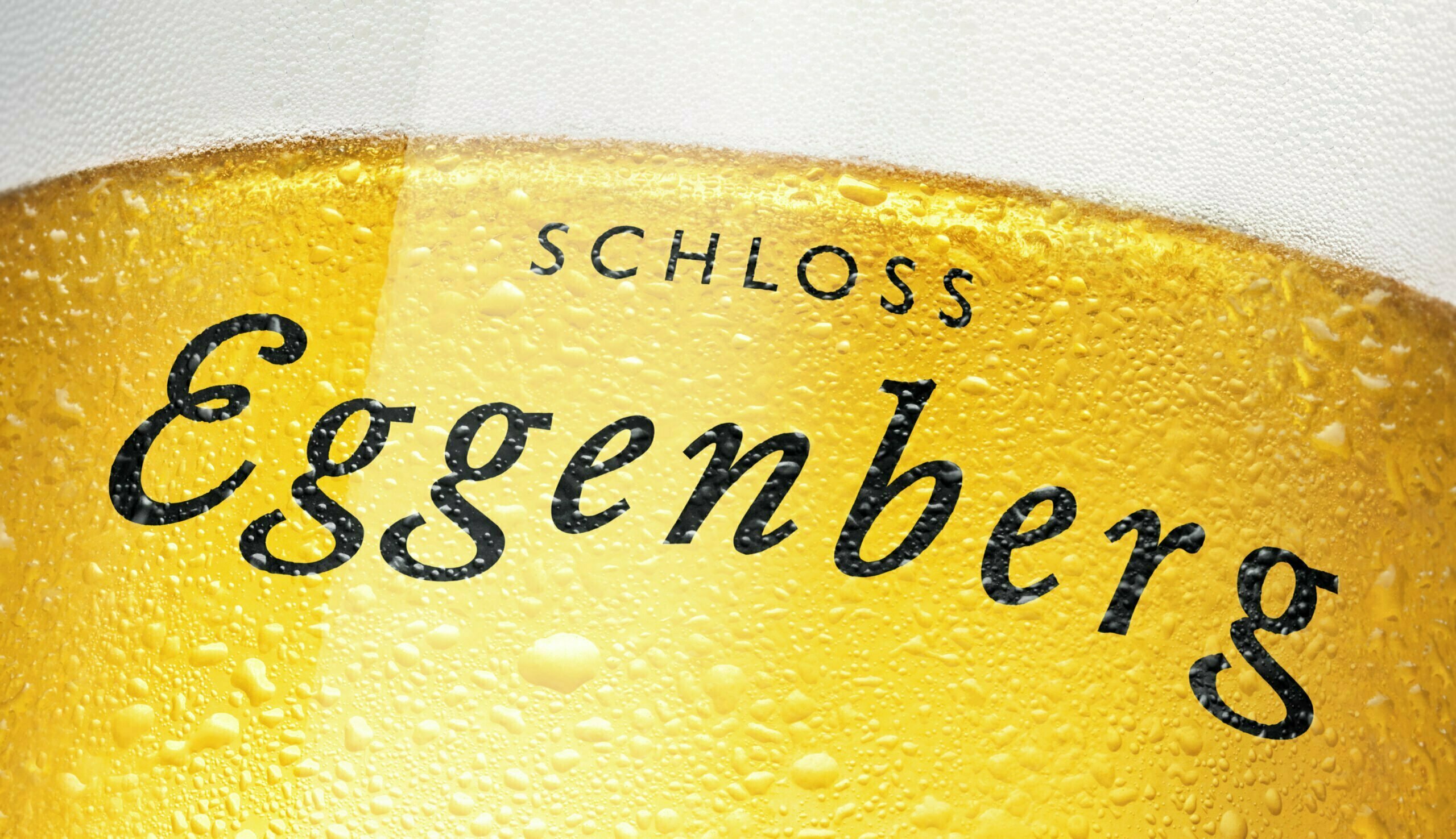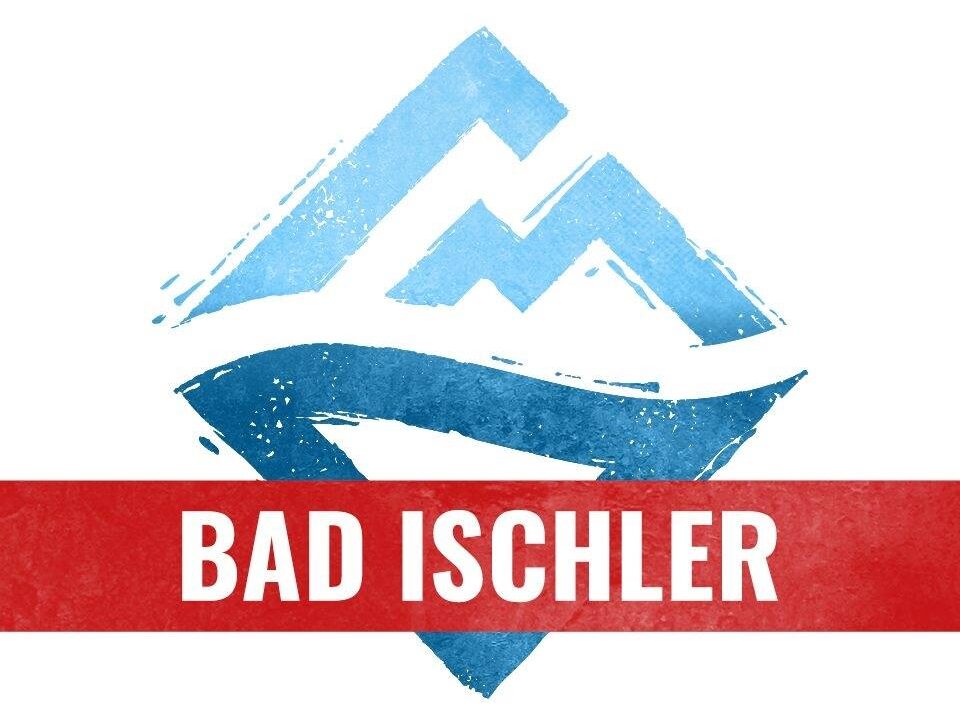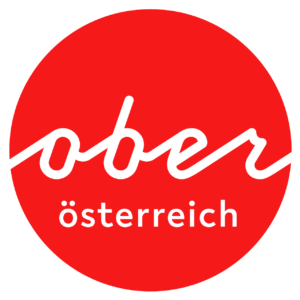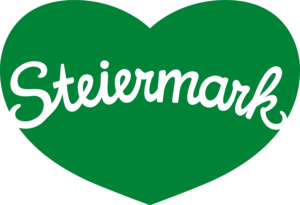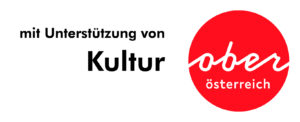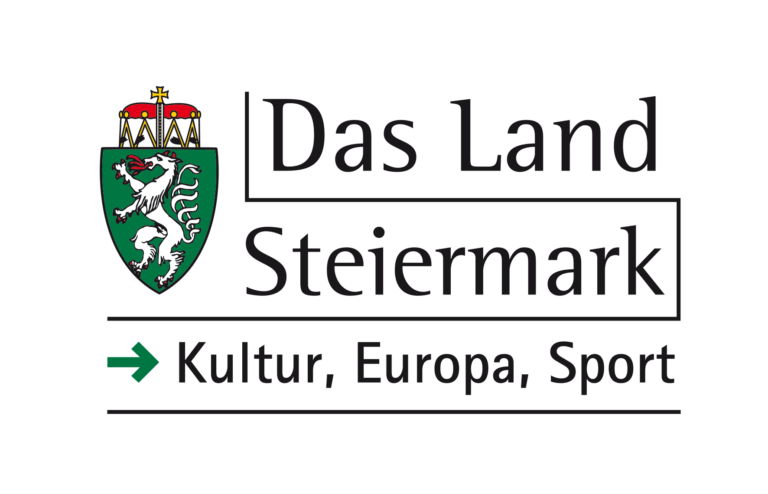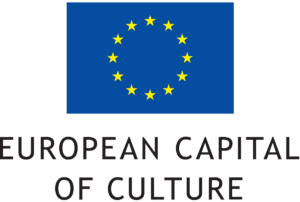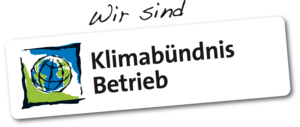The transdisciplinary presentation of the exhibition with a wide range of objects combines topics such as “Geology as the foundation of the landscape”, “Habitats for humans and animals in climate change”, “Agriculture”, “Globalisation”, “Transformations”, “Origins of things”, “Special features of the region”, “Intangible cultural heritage”, “Communication”, “Tourism”, “Health”, “Mobility” and other aspects that are important for the district of Liezen – the largest district in Austria.
In this way, the presentation of processes of landscape development creates awareness for a responsible approach to our living space. The landscape is also the basis for the socio-economic orientation and the development of tourism in the region. Pioneering achievements and special features tell of visions and entrepreneurial initiatives in the region and their significance in the present and future with examples from tourism, business and agriculture. The radio age began 100 years ago, changing communication for good. To mark this anniversary, a representative selection of artefacts will also be on display, illustrating the radio and information technology of the last 100 years right up to the digital age. Another focus is on the company history of Radio-Mandl, a small business that pioneered the spread of this medium in the Gröbming area from 1931. Local and global identities, the fascination, benefits and value of living traditions (Thomasnikolo Gams near Hieflau, Nikolo games, handicrafts) are told in the “intangible cultural heritage” section.
This participatory exhibition project – also conceived as a “work in progress” during its term – sees itself as a space for discourse and critical examination of local and global issues.
“Think global, act regional”
In view of the fact that regionality is clearly seen as the opposite of globalisation in economic, political, social and cultural practice, the question of identity, authenticity and the creation of new spheres of influence arises, especially in rural regions. As a regional museum and department of the Universalmuseum Joanneum, Schloss Trautenfels has the task of collecting, preserving, researching and communicating the cultural and natural history of the Liezen district. In keeping with this commitment and expertise, the “uniqueness of the central/special in the periphery” – the Enns Valley and the district of Liezen – is told in the context of the regions of Europe and presented in scenic displays across a range of themes.
